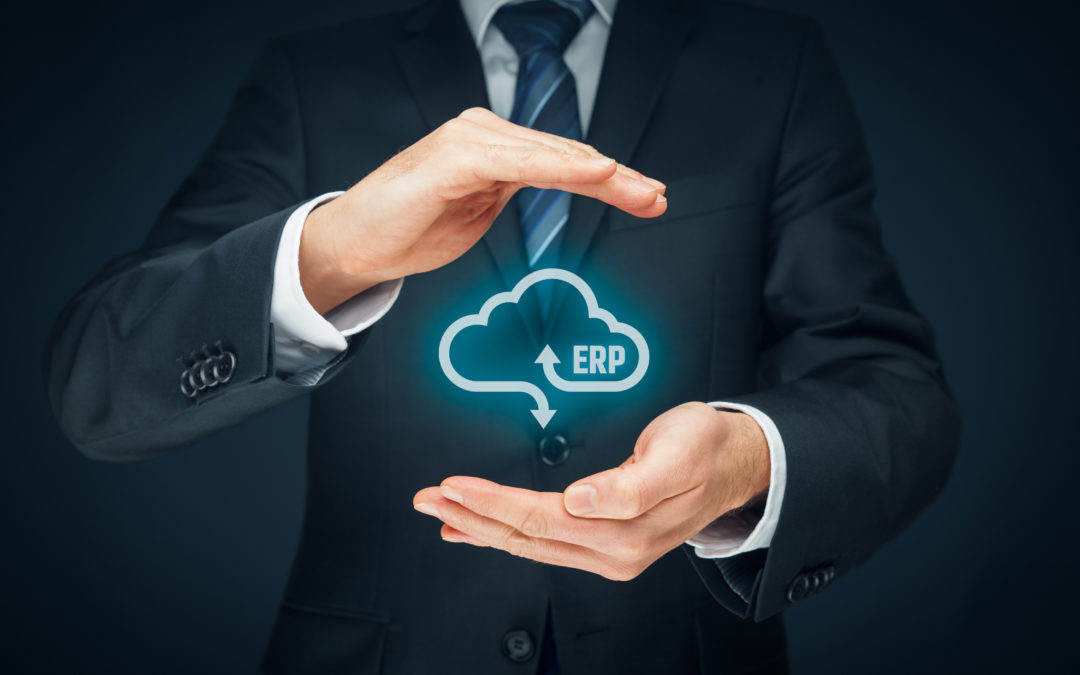
In-House Hosting vs. Cloud Based Hosting
If you’ve recently decided to implement an ERP system like Epicor ERP at your company, you have a couple of options for where to deploy the system. You can either have it hosted on your in-house server or it can be hosted on a cloud server. Here is a look at each of these options.
In-House Servers
In-house servers are a more traditional route to providing the software your team needs to get its job done. The server is physically located at your place of business. Some of the reasons why this is still the best answer for many companies include:
- You maintain complete control of the server. You are not reliant on the cloud for your security, but rather are able to find a custom solution to handle your security needs on your own
- You can upgrade your system any time you’d like without paying additional hosting fees
- All of your critical data remains in-house, with no access by third-parties
Unfortunately, there are some downsides to in-house hosting as well, including:
- A large upfront investment in hardware and infrastructure
- Space for your server room is required, as well as IT support
- You have no guarantees regarding uptime or the time it takes to recover your data
- You are responsible for backing up your data and you may be more likely to suffer data loss if there is a disaster in your area
Hosted Cloud Servers
Hosted cloud services allow you the opportunity to have access to the same software you would use with an in-house server, yet the software is accessible in the cloud. The benefits of host-based cloud services include:
- The ability for your staff to access files even when they’re out of the office. Cloud-based services are available anywhere where there is an internet connection
- You avoid the stress and expense of maintaining an in-house server, including the expense of having IT staff
- Your host provides security, a disaster recovery plan, and an uptime guarantee
- Hosted cloud services are scalable, meaning you pay for the services you need, when you need them, rather than shelling out money for services you don’t need simply because they were available in your big-box solution
- You can initiate backup and restore processes from anywhere. Data on the cloud can be backed up in intervals as short as every fifteen minutes, which minimizes the potential for data loss
- Your host will provide upgrades when they become available, ensuring that you’re using the newest technology available
The downside to hosted cloud servers includes:
- The inability to access your files if your internet is down
- You must pay a monthly hosting fee for the service
- You may be limited on the amount of data and files you can store due to storage availability and cost
Which is Better?
Which solution is best for you depends greatly on the size of your business, the potential for growth, and the industry you’re in. If you have limited funds for investing in IT staff or infrastructure, or you don’t want the stress of maintaining your own server, a hosted cloud server may be the ideal solution for you. However, if you wish to be in control of your server, or if you deal with a lot of sensitive information — such as customer health records or financial data — and don’t feel comfortable with allowing a third-party to access that information, you may fare better with hosted services in-house.
Conclusion
EstesGroup is pleased to provide expert assistance in determining whether your business is best served by hosted cloud services or hosted services on your in-house server. Contact us today so we can begin exploring your options with you.
Get our Epicor ERP On-Premise (In-House) vs Cloud Hosted Calculator by chatting with us now.





 For manufacturing companies, the advent of “cloud computing” has raised a lot of questions. Luckily, you don’t have to wander lonely as a cloud to find answers to your questions surrounding
For manufacturing companies, the advent of “cloud computing” has raised a lot of questions. Luckily, you don’t have to wander lonely as a cloud to find answers to your questions surrounding 